Morning coffee replaces breakfast for many people, but others prefer not to have it for a number of reasons. Sometimes the high caffeine content of the drink can cause jitters and agitation and can even cause digestive problems or headaches.
Many of us do not like the bitter taste of coffee or are simply tired of drinking it every morning. For this reason, we present 9 delicious alternatives to coffee for you to try.
1. Chicory Coffee

Like coffee beans, chicory root can also be roasted, ground and boiled. The taste of the hot drink is very similar to that of coffee, but it does not contain caffeine. It is also believed to be the richest source of inulin. It's a soluble fiber that helps break down food and keeps your gut healthy. It is also responsible for promoting the growth of beneficial bacteria: bifidobacteria and lactobacilli. Chicory root can be roasted in advance and then brewed just like coffee in a coffee machine, French press or espresso machine. However, consume big doses as side effects such as bloating and gas may also occur. Also, the intake of chicory coffee in pregnant women is not recommended due to lack of research on its effect on the fetus.
2. Matcha tea
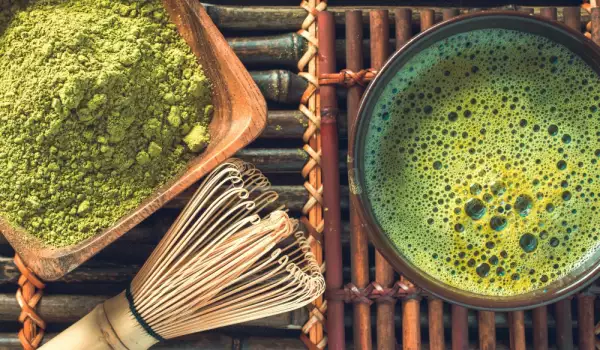
A type of green tea, which is prepared by steaming, drying and grinding the leaves of the Camellia sinensis plant into a fine powder. Unlike green tea, you consume the whole leaf and that way get a much more concentrated source of antioxidants.
Method of preparation:
- Sift 1-2 tablespoons of matcha powder into a ceramic bowl;
- Add hot water, about 71-77℃;
- Mix slowly, until the powder dissolves and then shake gently back and forth.
The matcha tea is ready when a light foam forms. You can also add a glass of milk to the drink. Keep in mind, that you are consuming the whole leaf and therefore the amount of caffeine is higher in matcha than in green tea. The amount in each serving can range from 35-250 mg per cup.
3. Golden Milk
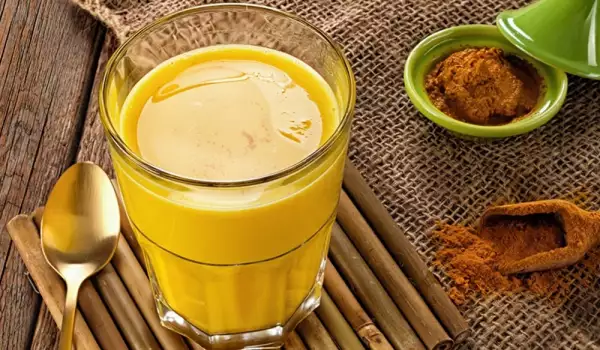
A rich caffeine-free coffee substitute. The warm drink features inspiring spices such as ginger, cinnamon, turmeric and black pepper. You can also add cardamom, vanilla and honey. In addition to adding a nice golden color to your drink, turmeric may have powerful anti-inflammatory properties. Black pepper increases your body's ability to absorb curcumin and fat.
You can prepare your golden milk in just 5 minutes: pour 1 cup of milk, 1/2 tsp. ground turmeric, 1/4 tsp. cinnamon, 1/8 tsp. green ginger and a pinch of black pepper into a pot. If desired, you can also add as much honey as you like. Heat the mixture on the stove at medium heat, by stirring frequently to prevent it from burning.
4. Lemon water
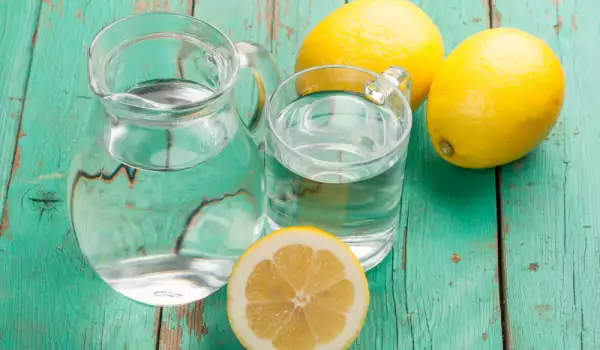
A morning drink should refresh you and lemon water can be a great start to your day. It does not contain calories and caffeine and provides a sufficient dose of vitamin C. As an antioxidant, the vitamin plays an important role in your immune system and protects the skin from the harmful effects of the sun. Even just one glass a day can provide you with the necessary dose of vitamin C and it's easy to prepare: add the juice of half a lemon to 1 cup of water and drink it. You can also add other ingredients to diversify the drink - such as cucumbers, mint, watermelon and basil.
5. Yerba Mate
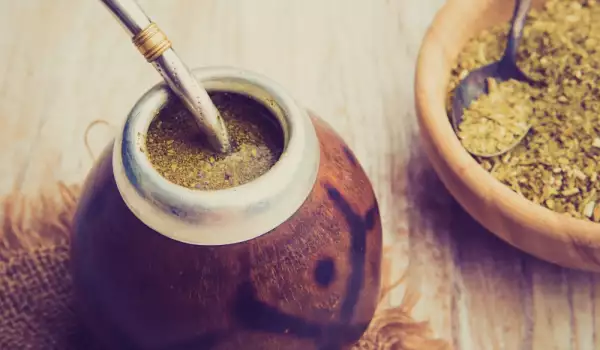
A natural caffeinated herbal tea made from the dried leaves of a South American tree. If you want to replace coffee without giving up your morning dose of caffeine, yerba mate is the best option. Some studies even show, that this drink contains more higher amount of antioxidants than even green tea. To prepare yerba mate, you need to soak the leaves in hot water for about 5 minutes and enjoy it. However, you should not consume large doses of it, because some studies show, that regular intake of 1-2 liters per day can cause some types of cancer.
6. Chai tea

A type of black tea mixed with strong herbs and spices. Some studies show that drinking Chai tea reduces the risk of heart disease. In addition, the tea has a strong taste and a pleasant smell. You can prepare the drink by crushing 4 cardamom seeds, 4 cloves and 2 black pepper. In a pot, add 2 cups of filtered water, 1 piece of fresh ginger, 1 cinnamon stick and the ground spices. Boil the mixture and then pull it off the heat. Add 2 black tea bags and let the mixture infuse for about 10 minutes.
7. Rooibos Tea
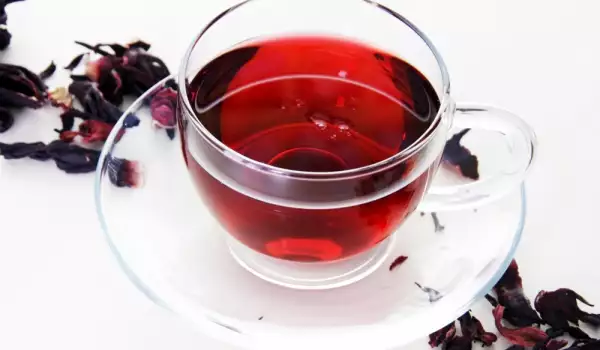
A red decaffeinated drink from South Africa. Some studies show that regular consumption of the drink can reduce the risk of heart disease and cancer. Rooibos needs to infuse more than other teas, but this does not lead to a bitter taste, quite the opposite. Instead, you can enjoy its pleasant sweet and fruity taste.
8. Apple vinegar
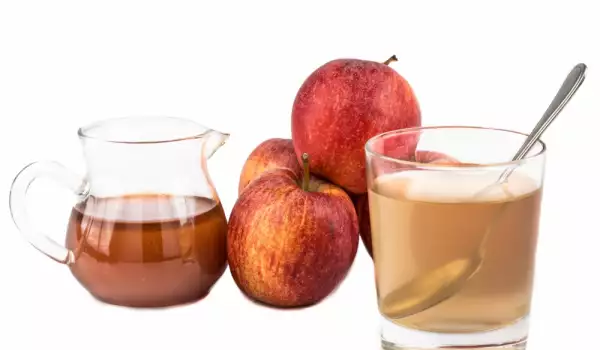
It is obtained as a result of fermentation of crushed apples, yeast and bacteria. This process produces acetic acid, which can have a beneficial effect on insulin sensitivity and blood sugar levels. One study even claimed that when people with insulin resistance drank half a tablespoon of apple cider vinegar before a meal, their blood sugar spikes were reduced by 64%. However, the effect was not observed in people suffering from type 2 diabetes. Apple cider vinegar can also help in the fight against excess weight. The drink that is prepared combines 1-2 tablespoons of apple cider vinegar, 1 cup of cold water and if desired, 1-2 tablespoons of honey or another sweetener.
9. Kombucha

It is obtained by fermenting black tea with bacteria, yeast and sugar. Animal studies show that kombucha can boost the immune system, improve cholesterol levels and blood glucose levels for people with diabetes. Preparing kombucha at home is not recommended due to the high risk of contamination with harmful pathogens. However, there are countless commercial varieties that are harmless to health.

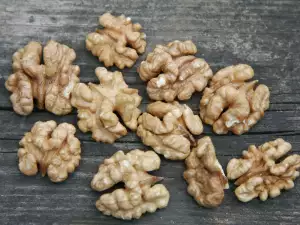
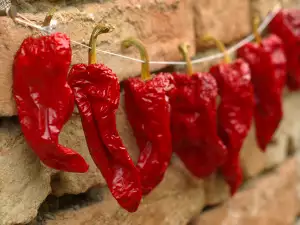



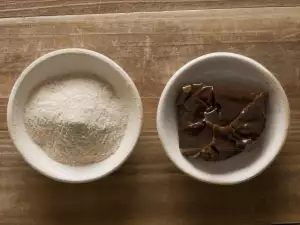





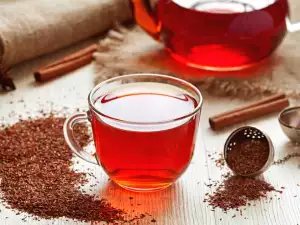







Comments